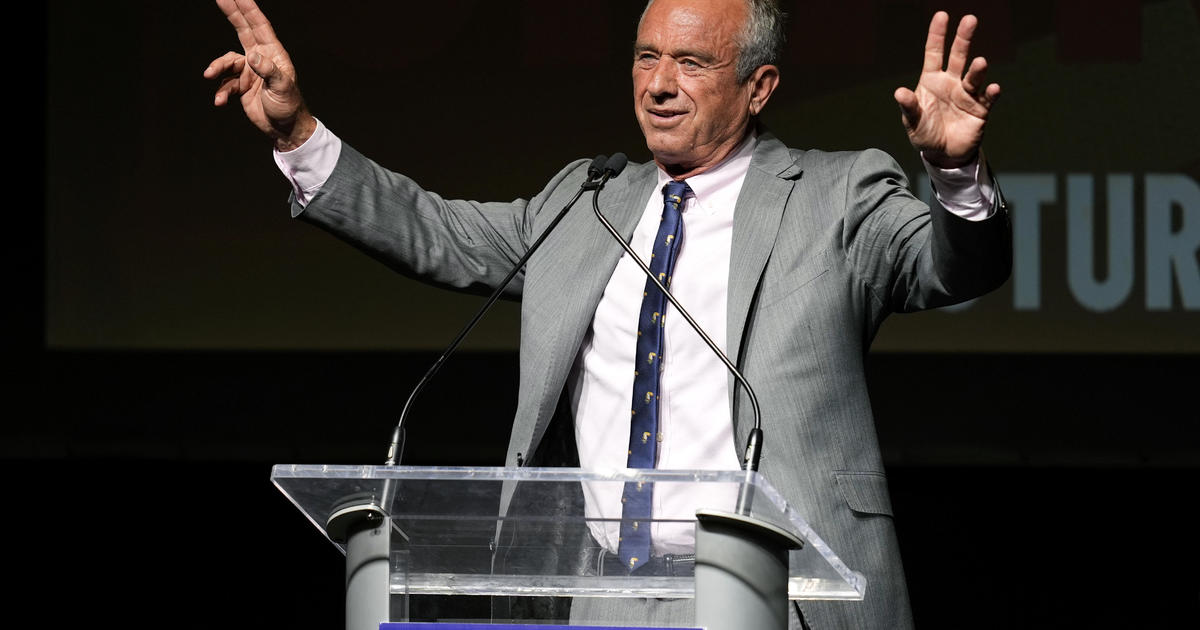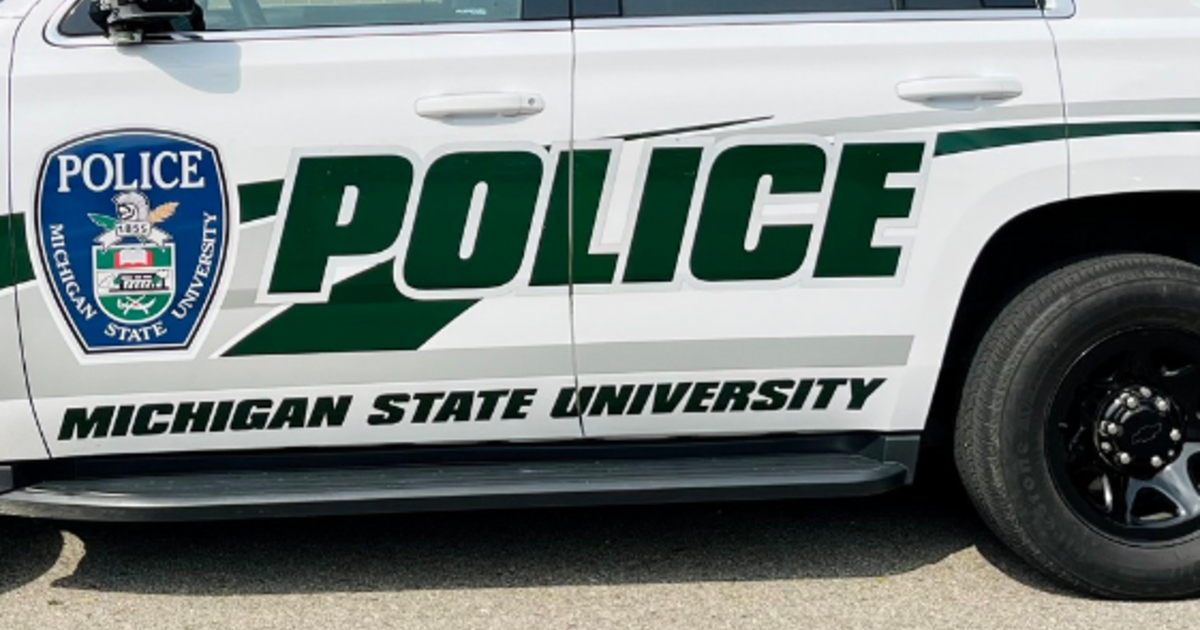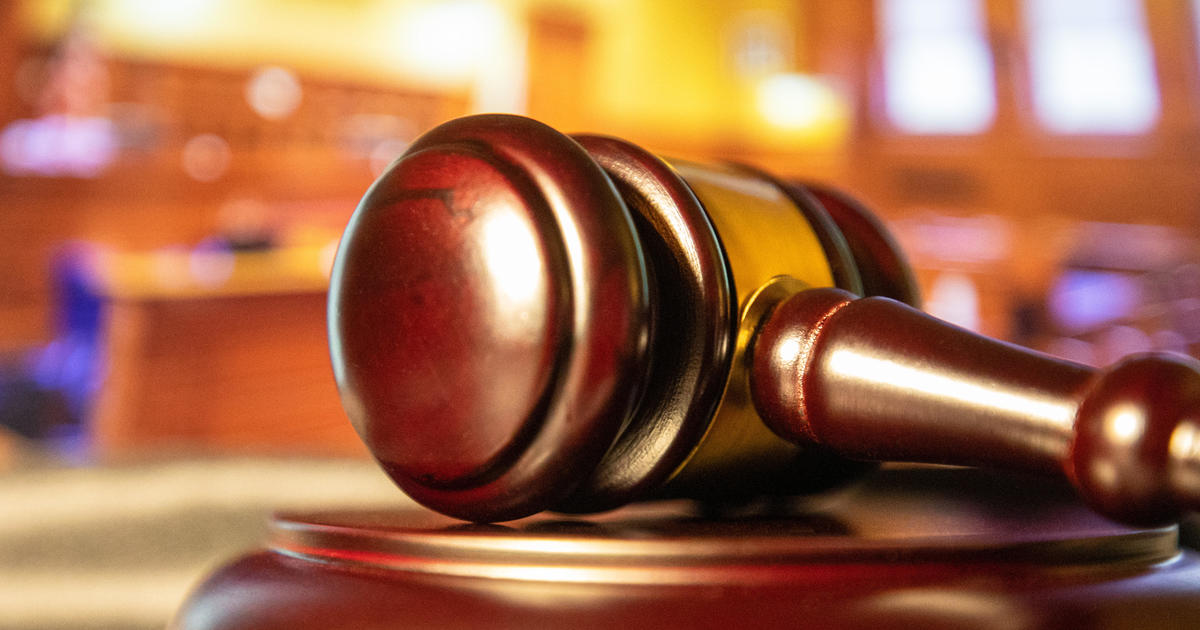Snyder Signs Bill To Make Michigan Ballot Drives Tougher
LANSING, Mich. (AP) — Republican Gov. Rick Snyder on Friday signed a law making it harder for groups to put proposals on the Michigan ballot, imposing a geographical-based requirement that may prevent them from gathering signatures for petitions mainly from the most populated areas.
The move followed voters' passage of three Democratic-backed proposals last month and Republicans' unprecedented tactic — enacted by the term-limited governor two weeks ago — to weaken minimum wage and paid sick time laws that began as ballot initiatives. Legal challenges are expected in Michigan and neighboring Wisconsin, where the GOP recently passed more sweeping laws to curtail incoming Democrats.
Also Friday, Snyder vetoed a bill that would have automatically empowered the Republican-led Legislature to intervene in certain lawsuits, which had been seen by critics as an attempt to especially hamstring incoming Democratic Attorney General-elect Dana Nessel. He also vetoed a measure that would have blocked future attempts to force the disclosure of donors to nonprofits, including political groups whose sway has grown in elections.
He signed a law requiring Democratic Gov.-elect Gretchen Whitmer and future administrations to have a "clear and convincing" need to adopt environmental and other state regulations that are tougher than federal standards, despite Whitmer's objections.
Snyder acted days before he leaves office after a frenetic lame-duck session in which GOP lawmakers passed measures criticized as power grabs.
The ballot drive measure will affect groups initiating constitutional amendments, bills and referendums by capping the number of signatures that can come from an individual congressional district at 15 percent. There is no geographic threshold currently to collect hundreds of thousands of signatures.
Democrats, along with Republicans involved in past anti-abortion and tax-limiting citizen initiatives, had urged a veto and had called the legislation blatantly unconstitutional and an affront to voters. Mark Brewer, an election lawyer and former state Democratic Party Chairman, tweeted that it is another example of Snyder "denigrating the people's reserved power to enact and repeal laws."
But Snyder's office said the law will promote "geographic diversity" in support of ballot drives, similarly to region-based signature requirements for gubernatorial candidates.
The legislative intervention bill had been criticized by opponents as an attempt to undercut Nessel, who will be the first Democratic attorney general in 16 years and who has said she may not defend state laws she believes are unconstitutional. GOP legislators had disputed the allegation, saying the legislation would ensure that the legislative branch has a voice as more laws are challenged in the courts.
In a veto letter to lawmakers, Snyder said the "well-intentioned" measure would have complicated a governor's ability to manage litigation, adding that it would not have been "prudent" for him to sign it as his term comes to an end.
"We are grateful to Gov. Snyder for demonstrating his integrity and commitment to upholding the Michigan Constitution," Nessel said in a statement.
Republicans legislators previously abandoned an attempt to strip Secretary of State-elect Jocelyn Benson of her campaign oversight authority and instead shift it to a new bipartisan commission. She will be the first Democrat to lead the office in 24 years.
Both Benson and Nessel applauded Snyder for vetoing the bill that would have made it a crime for government agencies to require the disclosure of nonprofits' donors, which some see as a pre-emptive strike against any potential attempts by Benson or Nessel to target the influence of "dark money" in elections. Republicans had said the move would protect First Amendment rights.
Snyder said the legislation "is a solution in search of a problem that does not exist in Michigan" because unlike in other states, the attorney general has not probed for information relative to nonprofit donors. He said a 1958 U.S. Supreme Court ruling "effectively prohibits the type of activities that this legislation is seeking to prohibit."
Snyder's office said he signed the measure requiring state agencies to better justify tougher regulations because it differs from a similar one he vetoed seven years ago. Whitmer had pushed for him to veto it again.
"We as a state and me as a governor frankly should have the same ability to protect the health, welfare and safety of the people of the state of Michigan as the first 48 governors had," she said Thursday.
© 2018 Associated Press. All Rights Reserved. This material may not be published, broadcast, rewritten, or redistributed.



